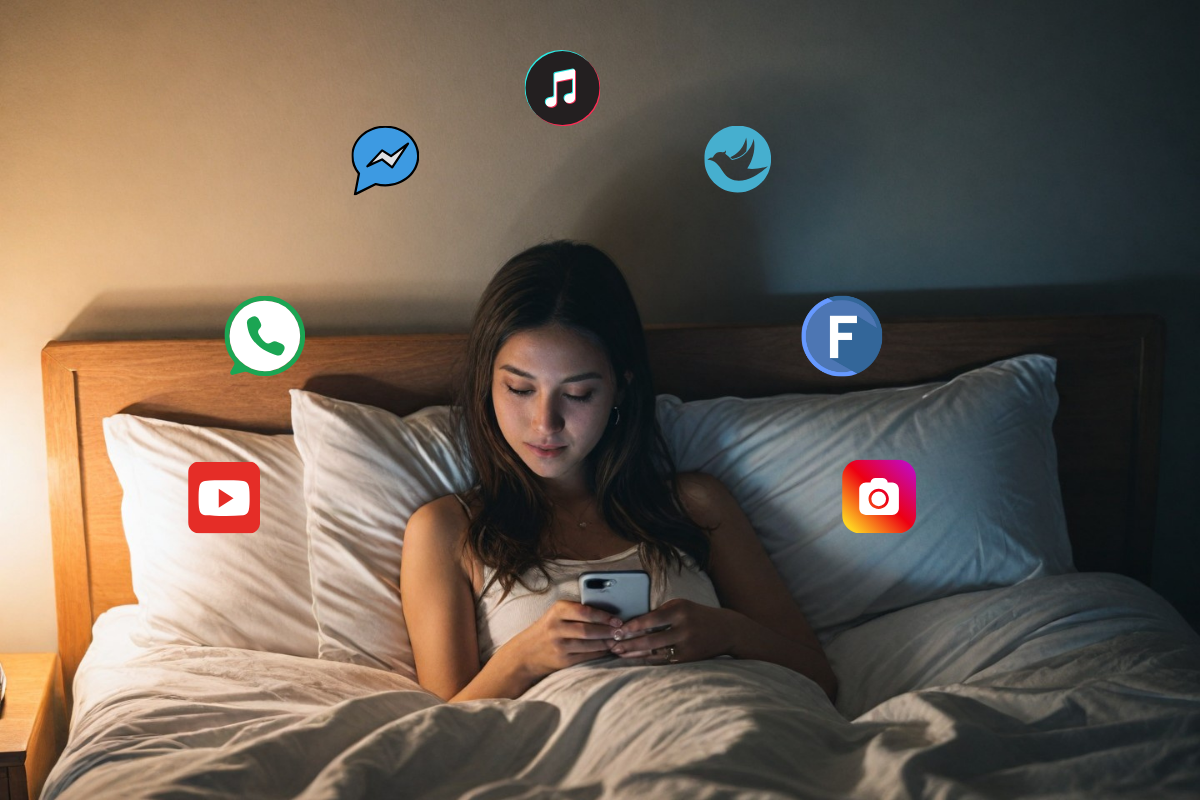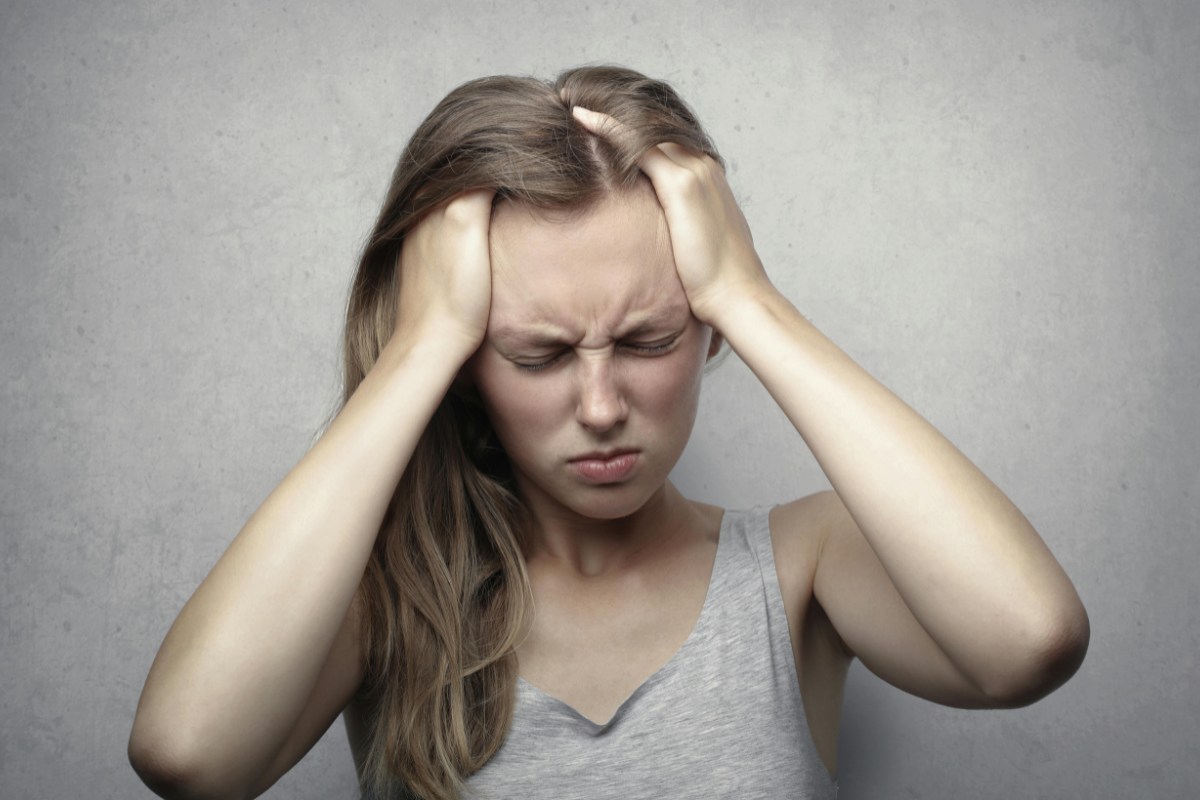
Digital Detox Strategies: How to Combat the Negative Effects of Social Media

Digital Detox Strategies: How to Combat the Negative Effects of Social Media
Introduction
In today's digital age, social media has become an integral part of our lives. While it offers numerous benefits, excessive social media use can have detrimental effects on our mental health, relationships, and overall well-being. Digital detox strategies can help individuals take a break from the constant barrage of information and reconnect with themselves and the real world.
Understanding the Negative Effects of Social Media
- Mental Health: Excessive social media use has been linked to increased anxiety, depression, and feelings of isolation.
- FOMO (Fear of Missing Out): Constant scrolling can lead to a sense of inadequacy and a fear of missing out on social events or opportunities.
- Distractions: Social media can be a significant distraction, hindering productivity and focus.
- Unrealistic Comparisons: Comparing oneself to others on social media can lead to low self-esteem and body image issues.
- Sleep Disruption: The blue light emitted from screens can interfere with sleep patterns, leading to fatigue and other health problems.
Effective Digital Detox Strategies
1. Setting Boundaries and Creating Healthy Habits
- Time Limits: Establish specific time limits for social media use each day.
- Designated Social Media Zones: Limit social media usage to specific areas or times of the day.
- Social Media Free Zones: Create designated spaces or times in your home where technology is prohibited.
- Mindful Social Media Use: Practice mindfulness while using social media, paying attention to your thoughts and emotions.
- Curate Your Feed: Follow accounts that inspire and uplift you, rather than those that contribute to negative emotions.
2. Digital Detox Techniques
- Social Media Cleanse: Take a complete break from social media for a set period to assess your reliance on it.
- Digital Detox Retreats: Consider attending a digital detox retreat or camp for a more immersive experience.
- Technology-Free Zones: Create designated spaces or times in your home where technology is prohibited.
3. Healthy Habits and Lifestyle Changes
- Prioritize Sleep: Ensure you get enough quality sleep to improve your mood and cognitive function.
- Exercise Regularly: Physical activity can help reduce stress and improve overall well-being.
- Mindful Eating: Pay attention to your eating habits and avoid using food as a coping mechanism.
- Practice Gratitude: Focus on the positive aspects of your life and cultivate gratitude.
Additional Tips
- Turn Off Notifications: Reduce distractions by turning off notifications or setting them to specific times.
- Challenge Negative Thoughts: Recognize and challenge negative thoughts that arise while using social media.
- Find Alternative Sources of Entertainment: Explore hobbies, interests, and activities that don't involve screens.
- Seek Support: Talk to friends, family, or a therapist about your struggles with social media and seek support.
Conclusion
Digital detox strategies can help individuals regain control over their relationship with social media and improve their overall well-being. By implementing these techniques, you can create a healthier and more balanced digital lifestyle. Remember, it's important to find what works best for you and make gradual changes to avoid feeling overwhelmed.





















































